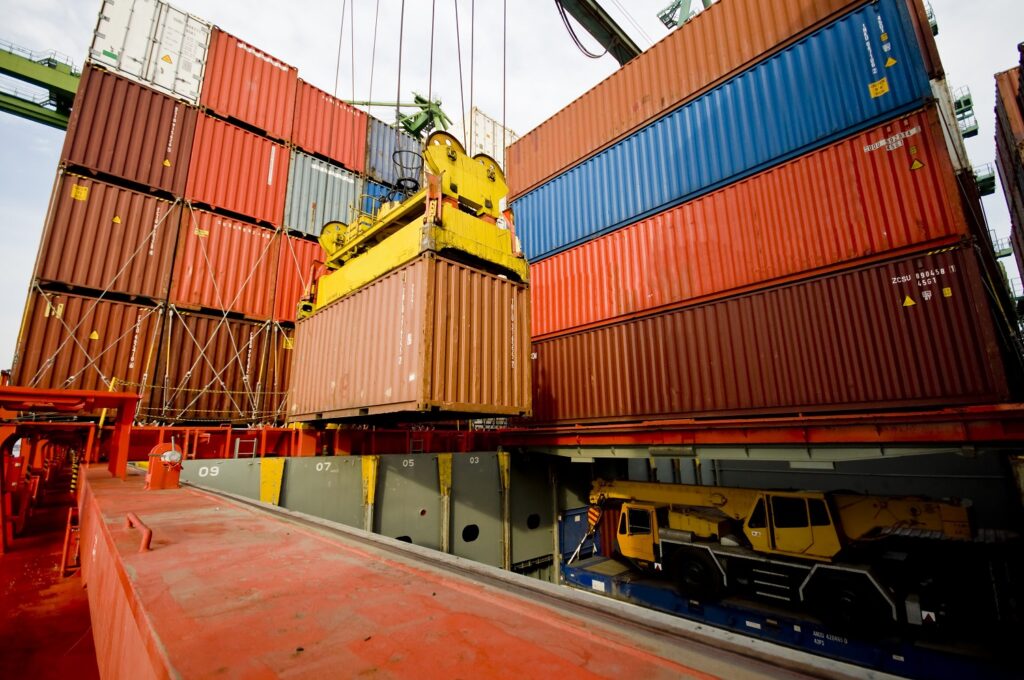Port congestion continuing on both coasts

There is no let up in sight to the congestion clogging the nation’s major retail ports, according to website Chain Storage.
Imports at the nation’s major retail container ports are expected to be at near-record levels this spring and summer as consumer demand and supply chain challenges continue to result in congestion, according to the monthly Global Port Tracker, released by the National Retail Federation and Hackett Associates.
“Congestion continues on both coasts, with ships queuing for berths at multiple ports,” Hackett Associates founder Ben Hackett was quoted as saying. “Problems remain with clearing import containers to their inland destinations while export containers are still being held back due to lack of space at the terminals.”
Until supply chain problems are sorted out with more drivers, trucks and inland storage space, Hackett said he does not expect to see a rapid decline in the port congestion being experienced.
Consumers are still spending and the supply chain is still working to keep up, added NRF VP for supply chain and customs policy Jonathan Gold.
“Growth rates have slowed down from the off-the-charts numbers we saw last year, but volume is close to the highest we’ve ever seen. Retailers are also planning for potential additional disruptions this summer from West Coast port labor contract negotiations.”
In February, the NRF sent a letter urging the International Longshore and Warehouse Union and the Pacific Maritime Association to begin contract negotiations well before their July 1 contract expiration to avoid any delay in reaching a settlement and additional congestion that might result.
Biggest railroad companies profiting from supply chain crisis, watchdog alleges
Meanwhile, several of the largest railroad companies in the U.S. have benefited from the supply chain crisis by raising fees and lowering costs, a liberal-leaning watchdog alleged in a new analysis reported by NBC News.
Accountable.US, a nonprofit group that examines corporations and special interests, said the seven major railways, which dominate an industry that carries about 40 percent of U.S. freight, collected a record $1.18 billion in fees for freight stuck in supply chain bottlenecks in the first nine months of 2021.
As the impact of the coronavirus pandemic set in, supply chain issues worsened last year. Railways suspended and limited service, collecting more demurrage fees — which take effect when cargo stays beyond a specified time at a terminal and are an essential tool to keep cargo moving.







































